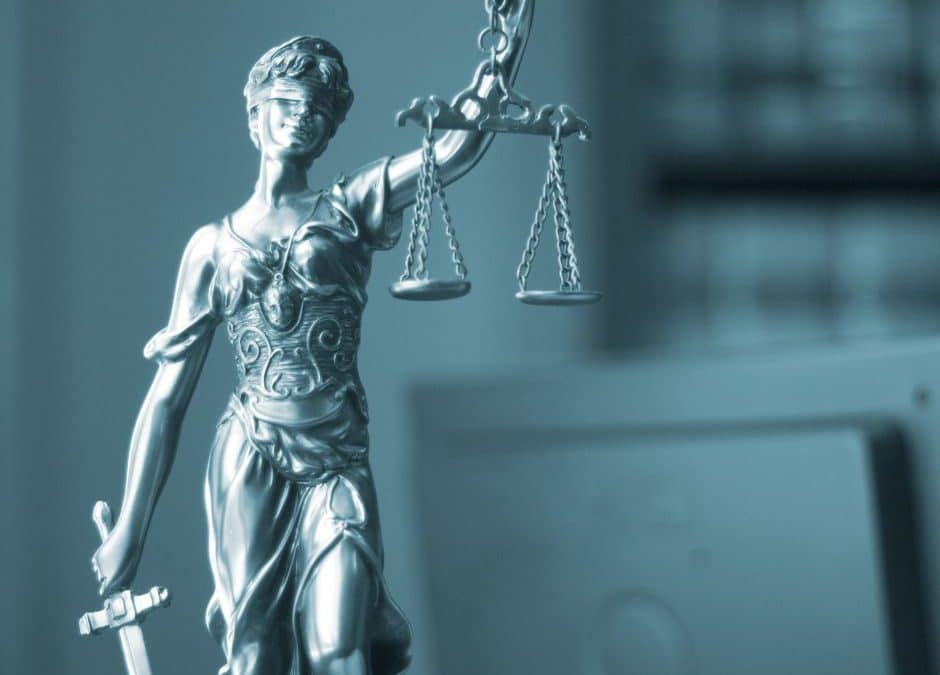By Philip Nam
I was recently instructed, just 24 hours before the hearing, to attend a case involving a claim for unpaid service charges dating back to 2023. The Claimant, a freeholder, was pursuing the Defendant, a leaseholder, for approximately £3,000 in unpaid charges, plus contractual interest and costs.
The Dispute
The Defendant argued that:
– Service charge demands had not been properly served.
– Regardless, he had paid all amounts due under the lease.
Both parties submitted witness statements and supporting documents as directed by the Court:
– The Claimant’s statement, from a company director, included a schedule showing demand dates, payments received, and a running balance. It began with a carried-forward balance of around £1,900.
– The Defendant’s statement, from the leaseholder himself, included a schedule listing only the dates and amounts of payments made.
No bank statements or reconciliation evidence were provided by either side.
The Hearing
The Judge, having reviewed the statements, described the case as “a mess.” His key observations were:
– The Claimant failed to explain the origin of the figures in their schedule, particularly the opening balance.
– The Defendant did not provide a running balance or bank statements to support his claim of payment.
As a result, the Judge adjourned the hearing and ordered:
– Both parties to submit a proper reconciliation of the sums owed and paid.
– The Defendant to produce bank statements.
– The Claimant to produce bank statements if they maintained that payments had not been received.
Legal Insight
In civil proceedings, the burden of proof lies with the party asserting a fact. As one Judge once said:
“Just because you say it doesn’t mean it is true.”
This case exemplifies that principle. Both parties made assertions, money owed or money paid, but failed to substantiate them with documentary evidence.
Consequences
This poorly prepared case wasted the Court’s time and incurred unnecessary costs for the Claimant, who had engaged solicitors and managing agents. If the Defendant is ultimately found to have paid, the Claimant may not recover interest or costs, and could even face:
– A costs order against them.
– A finding that the statements of truth in the Claim Form and witness statements were false, which could have serious implications.
Takeaway
If you’re involved in a dispute, especially one heading to Court, ensure your case is supported by clear, credible evidence. That includes:
– Bank statements
– Reconciliations of payments and demands
– Properly served notices
Need Help?
If you’d like assistance preparing your case for Court, feel free to get in touch on 0151 230 8931 or philip@whitecollarlegalandadmin.com

